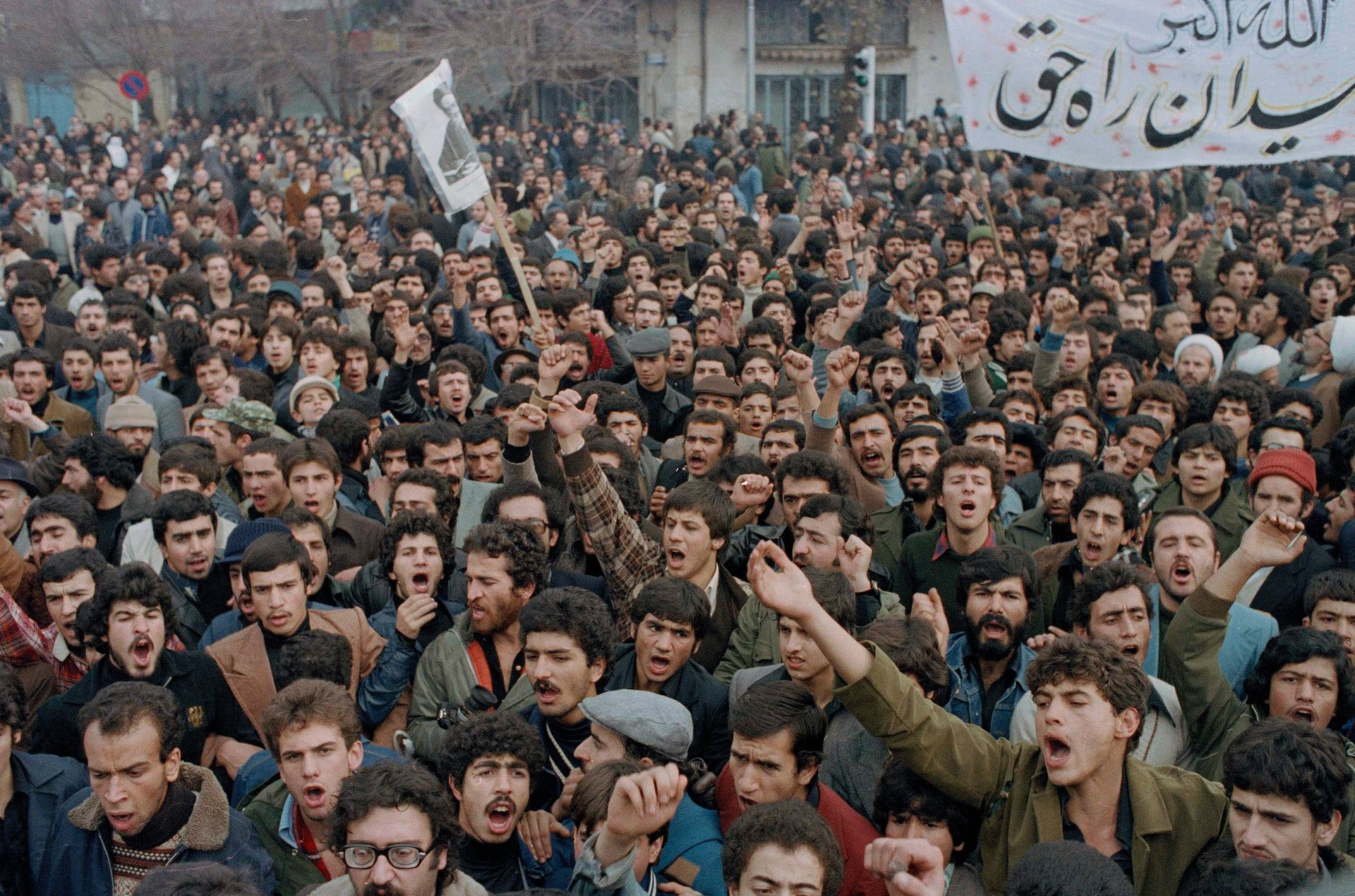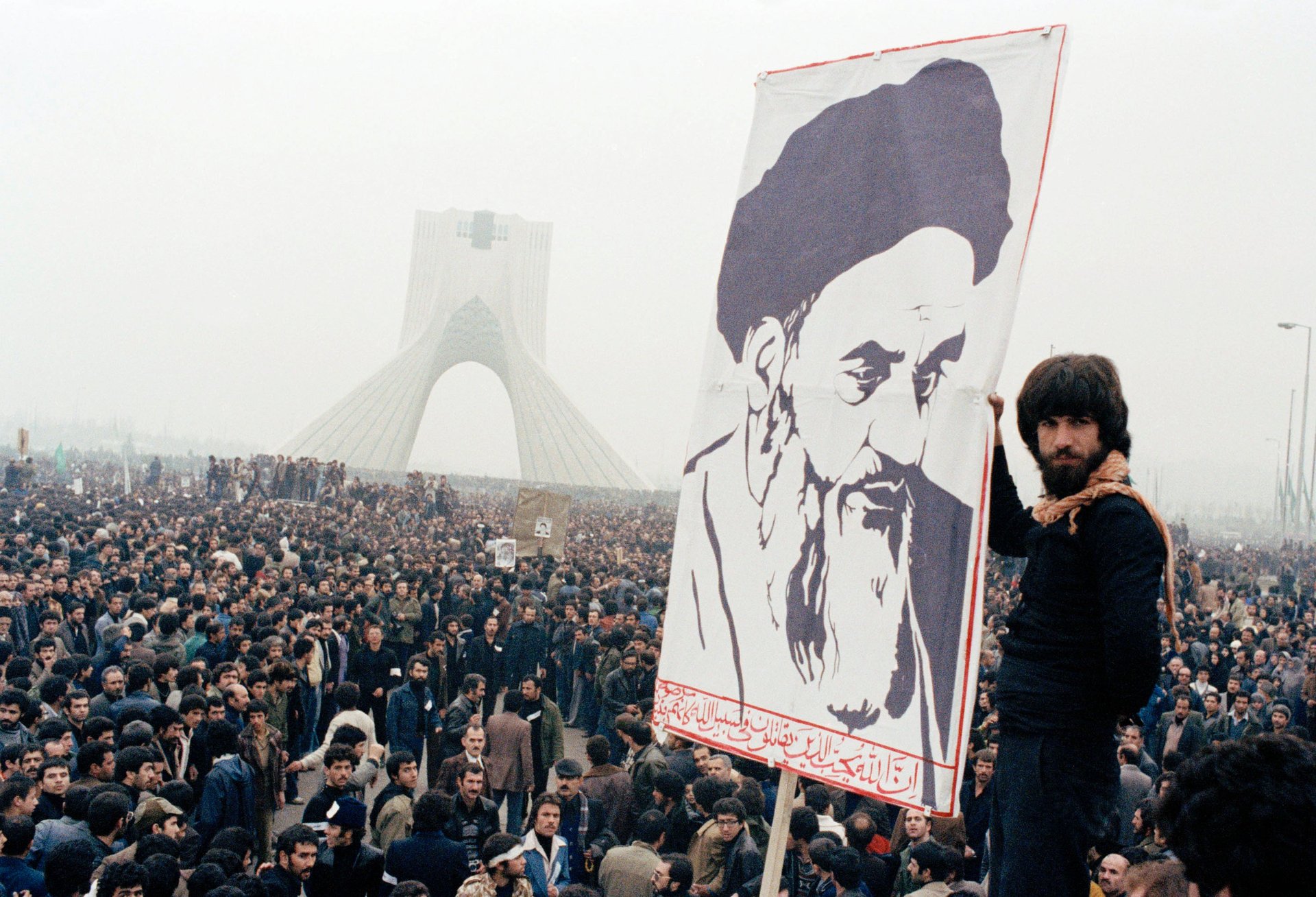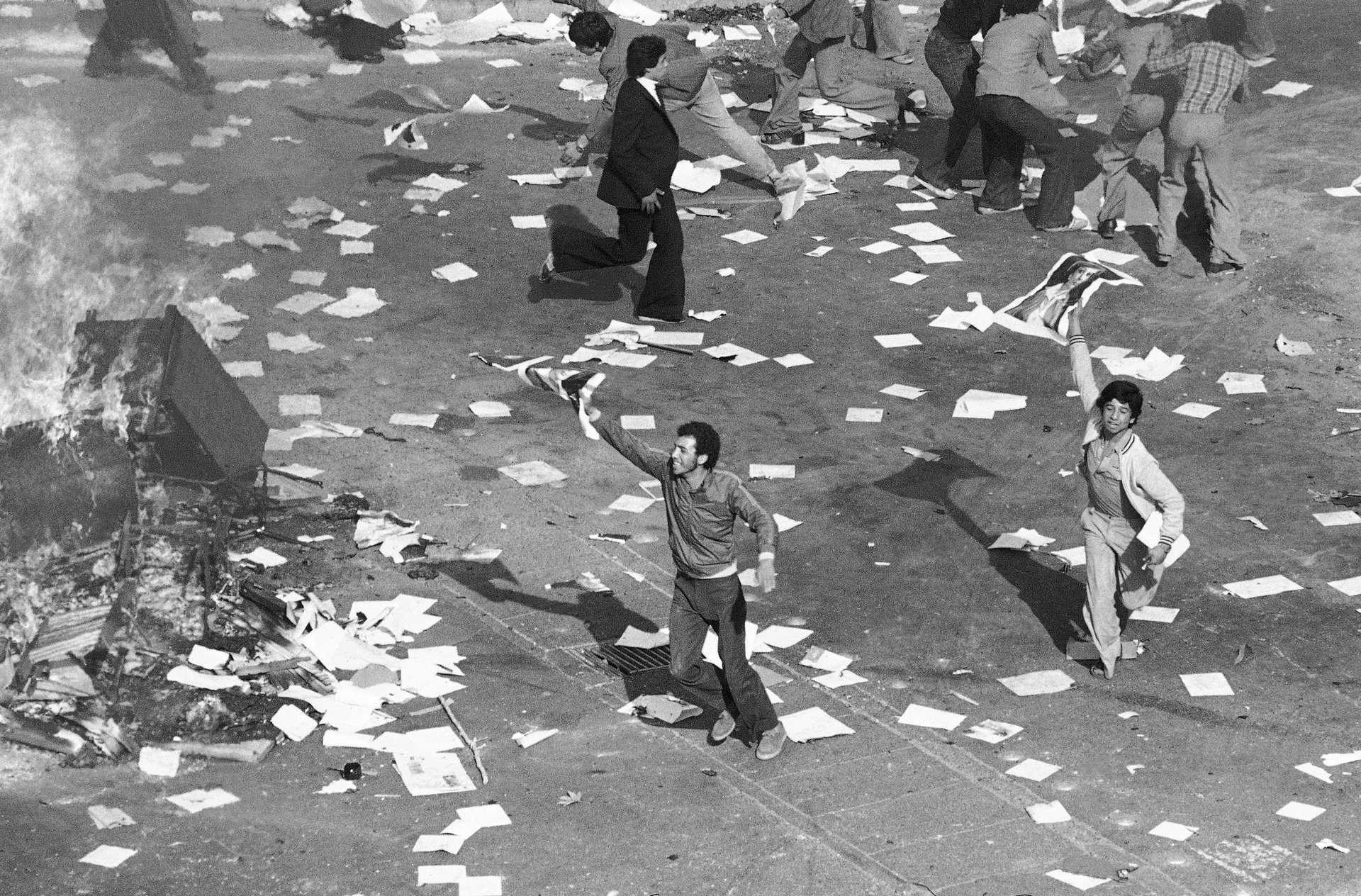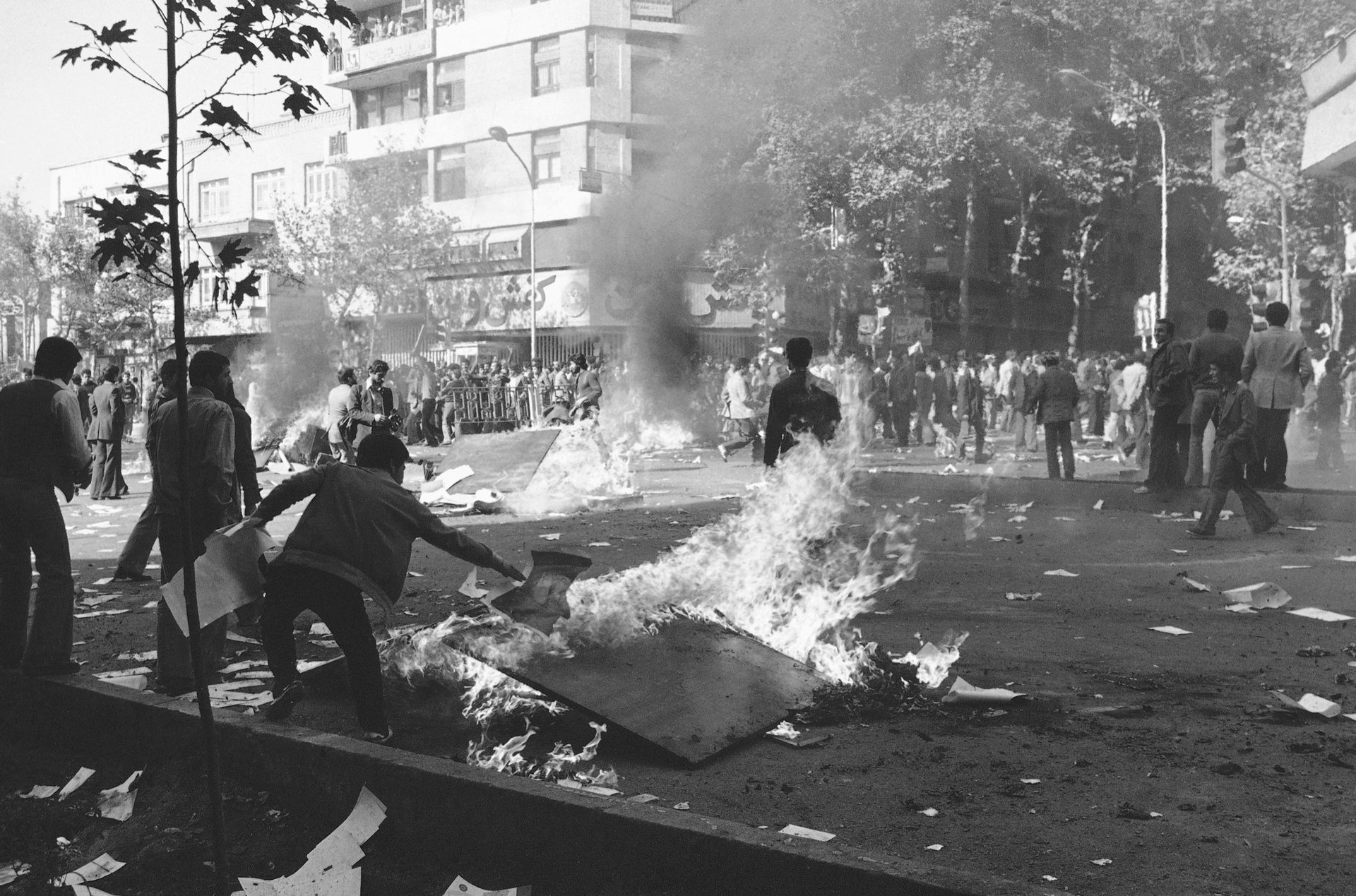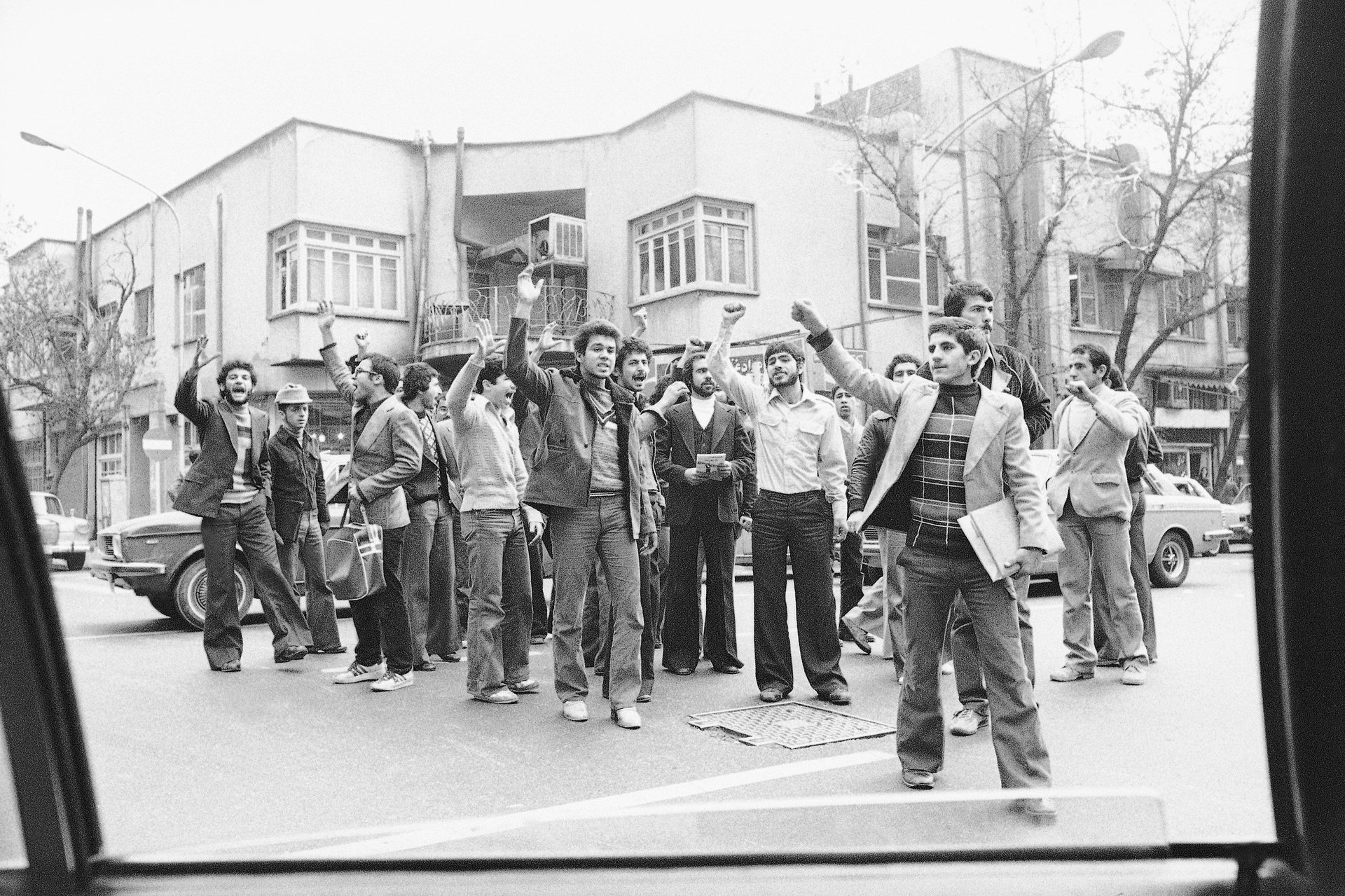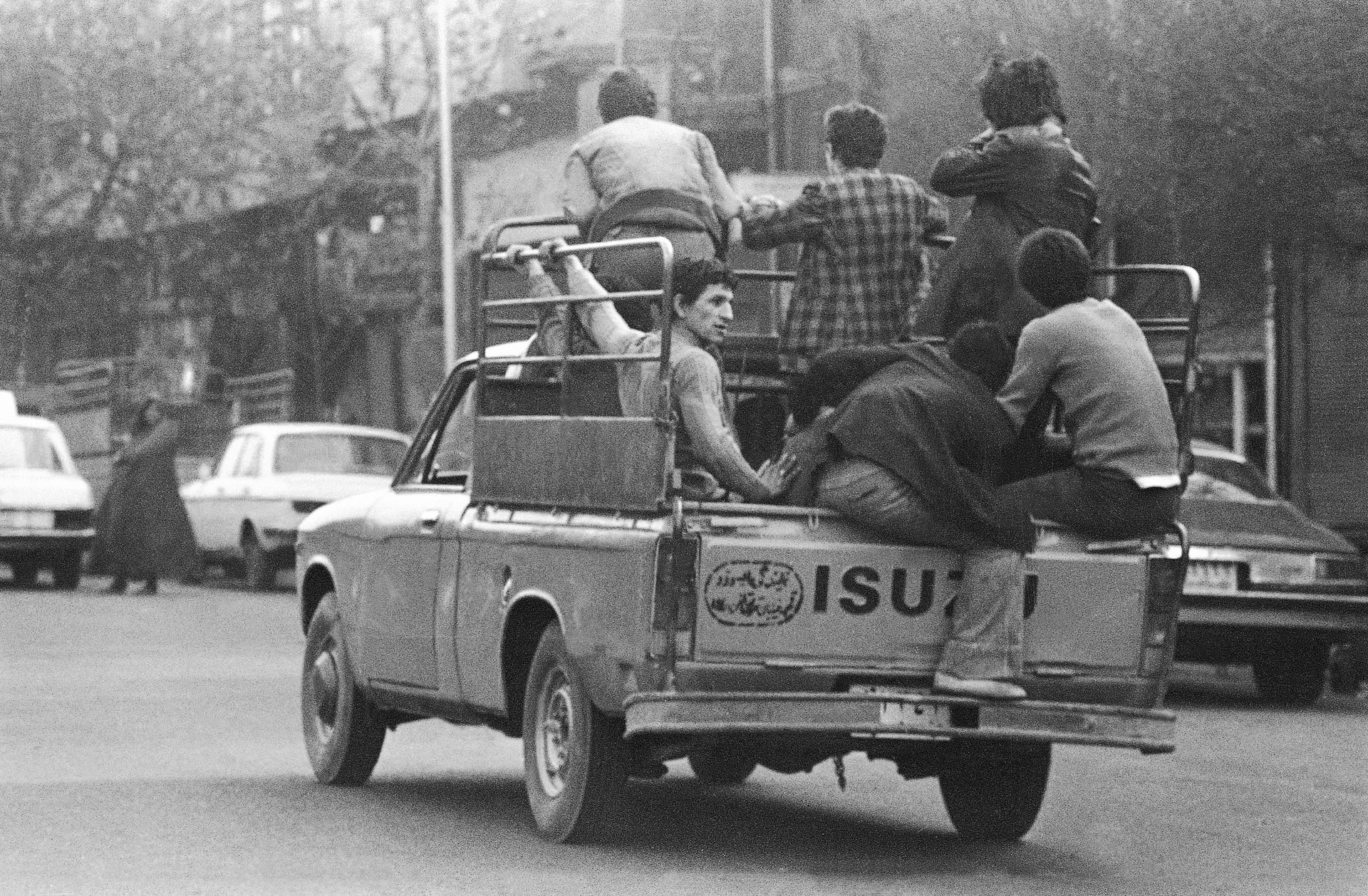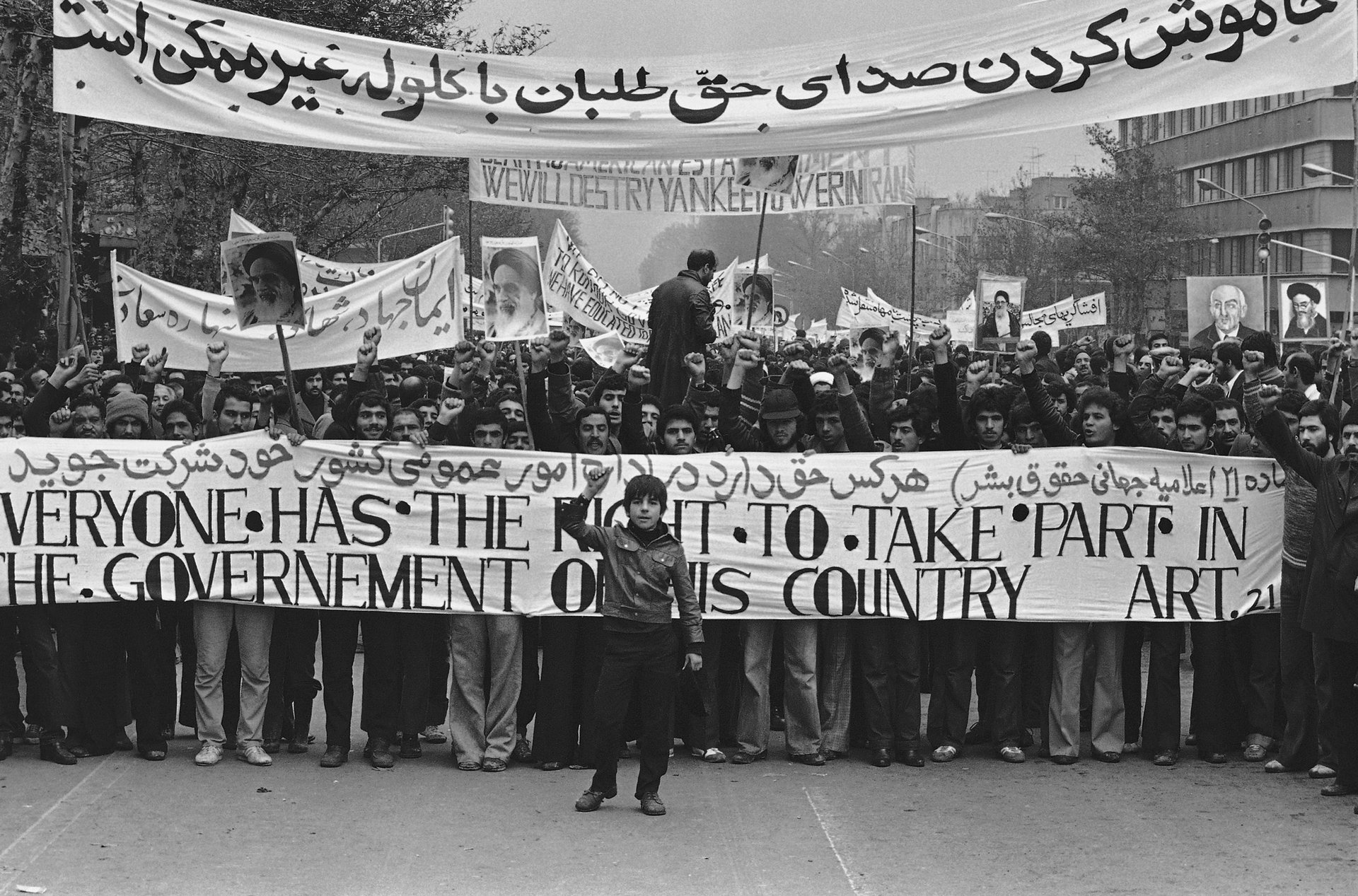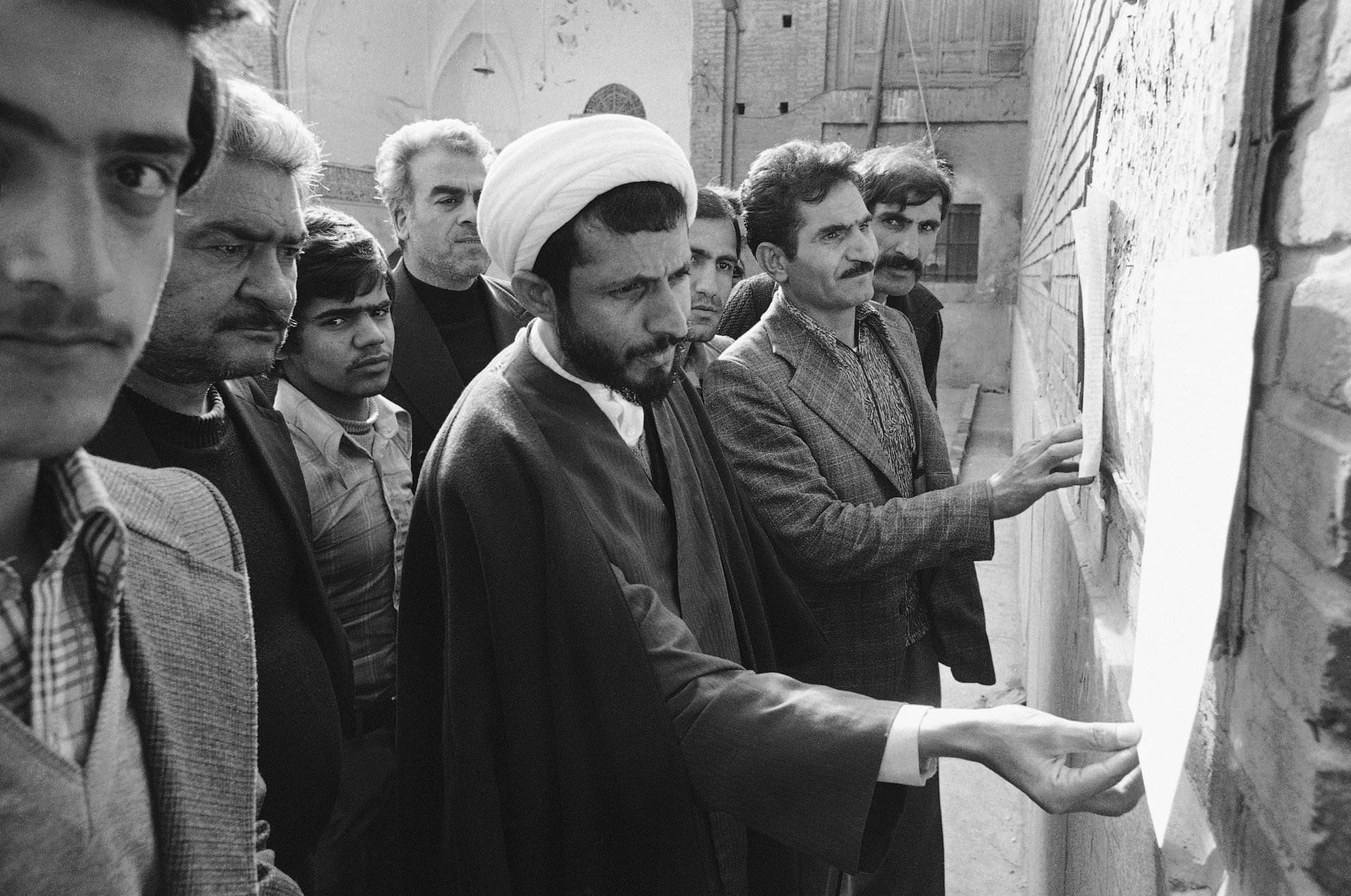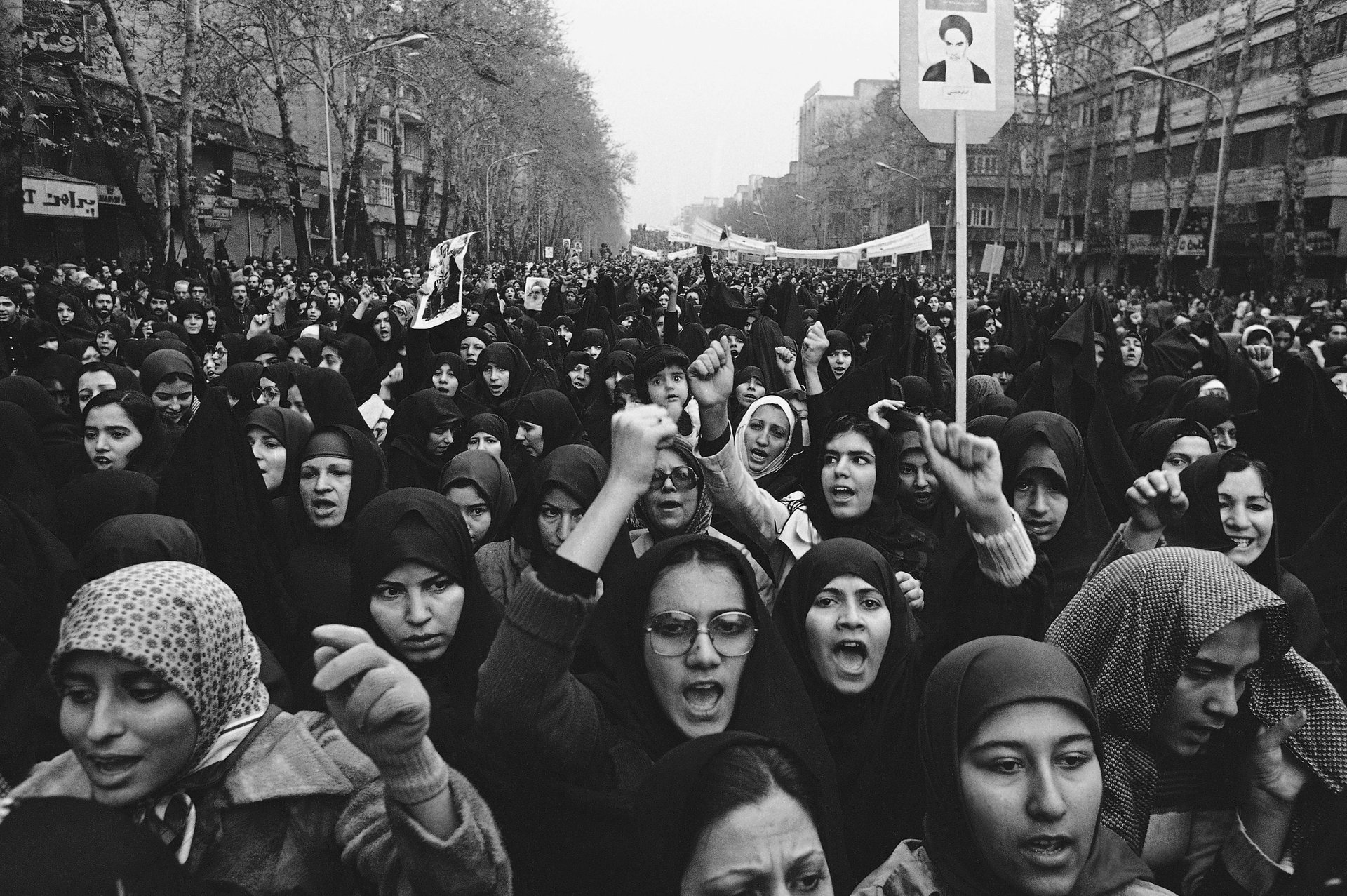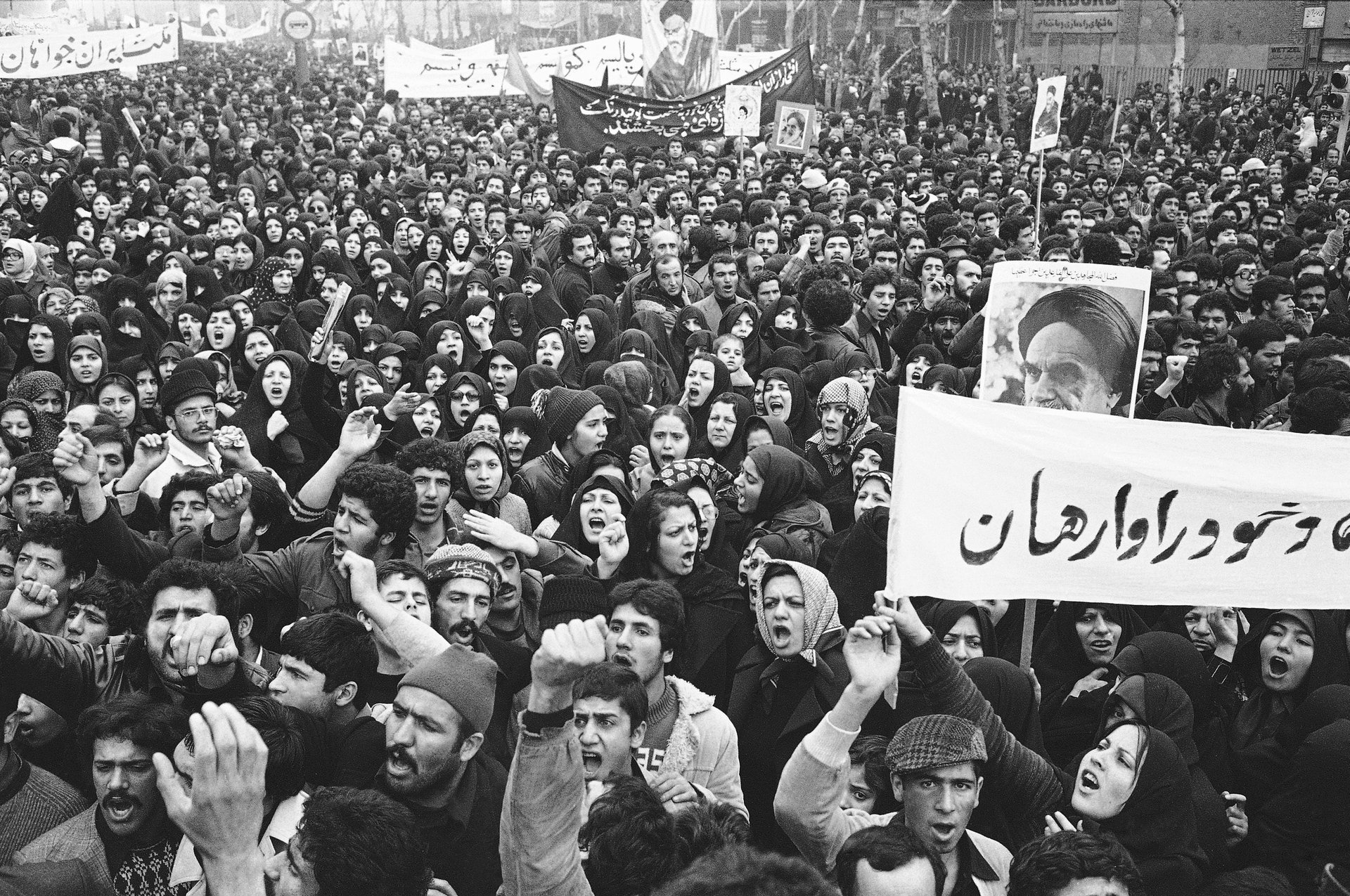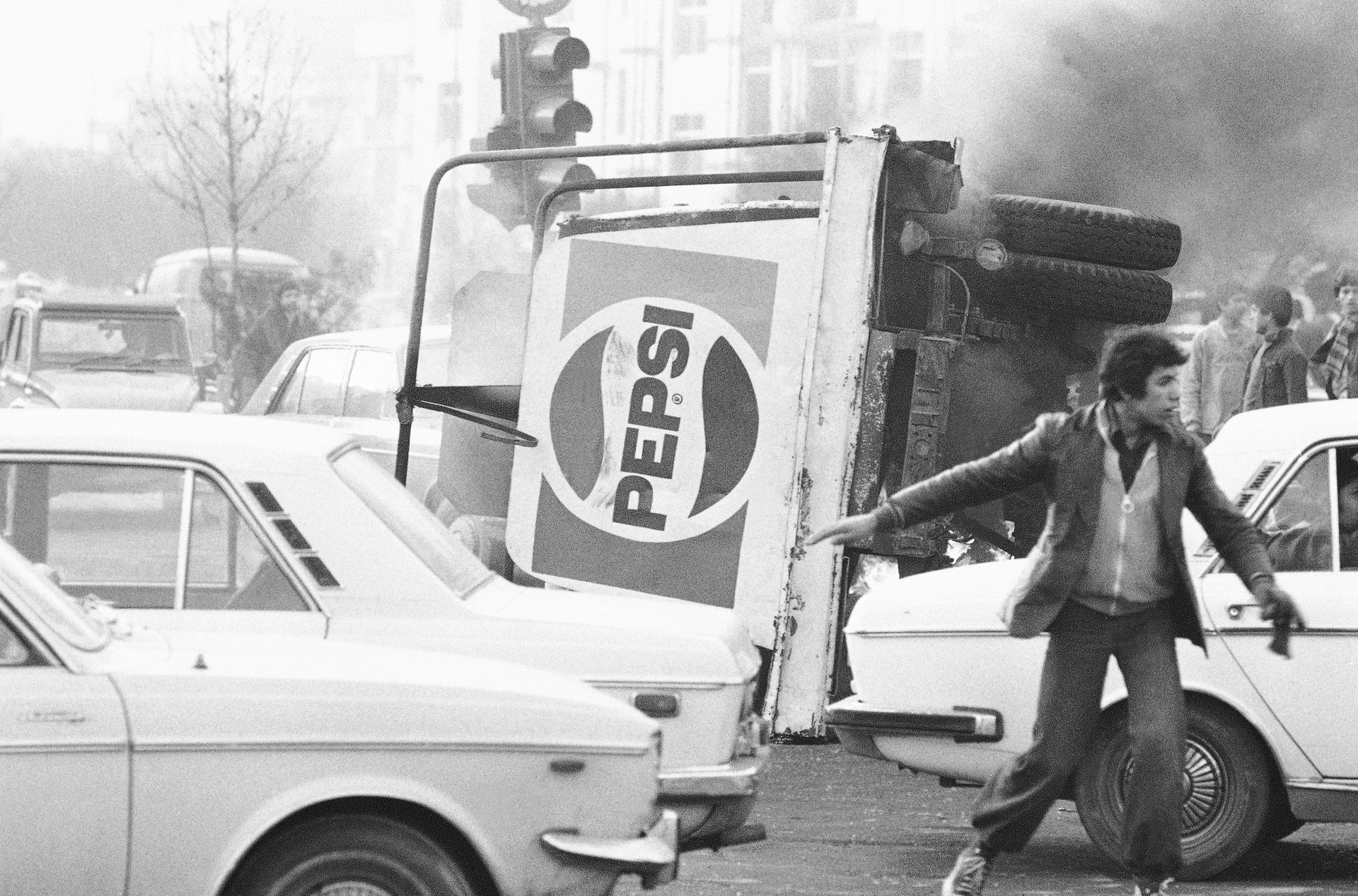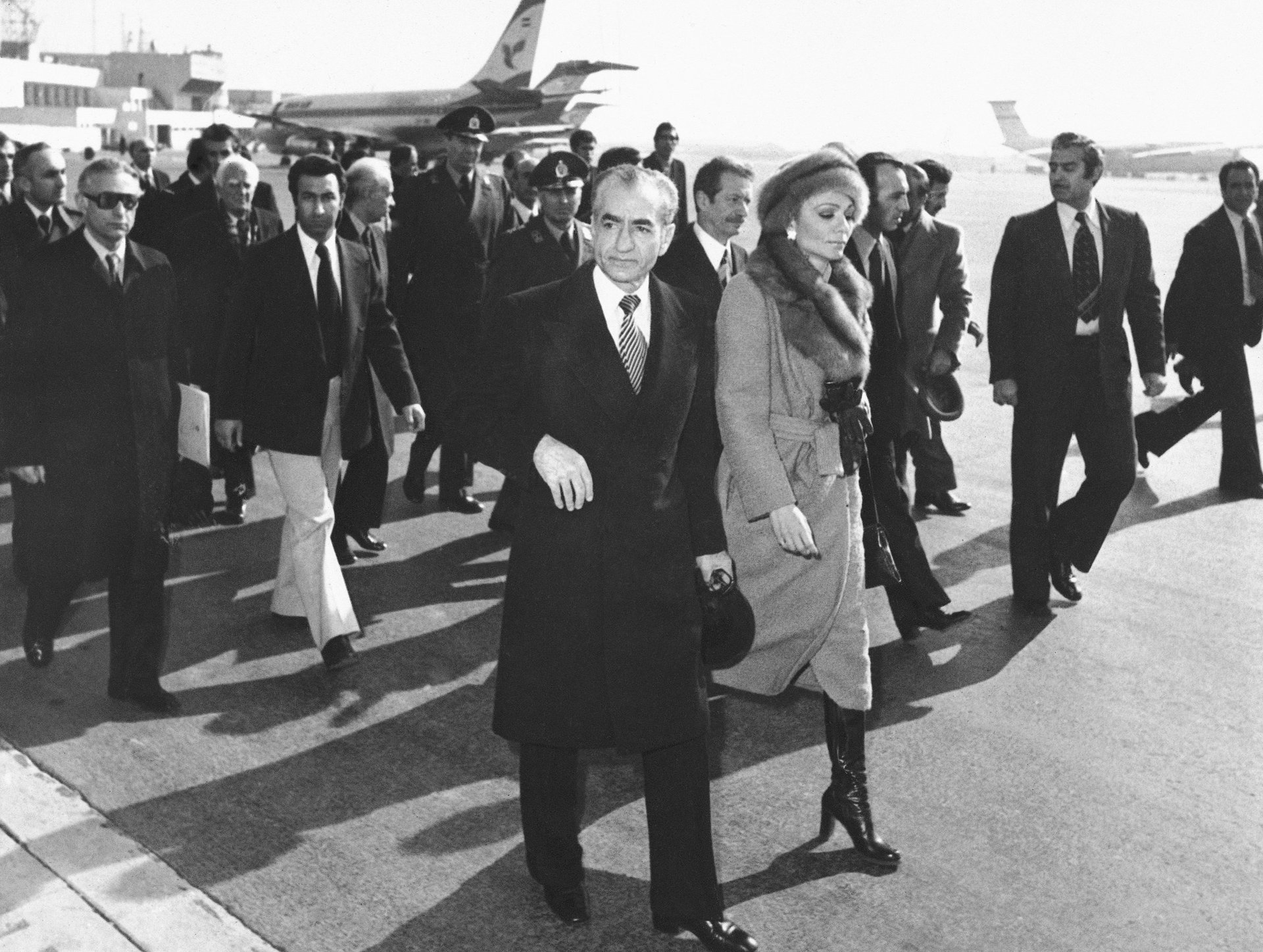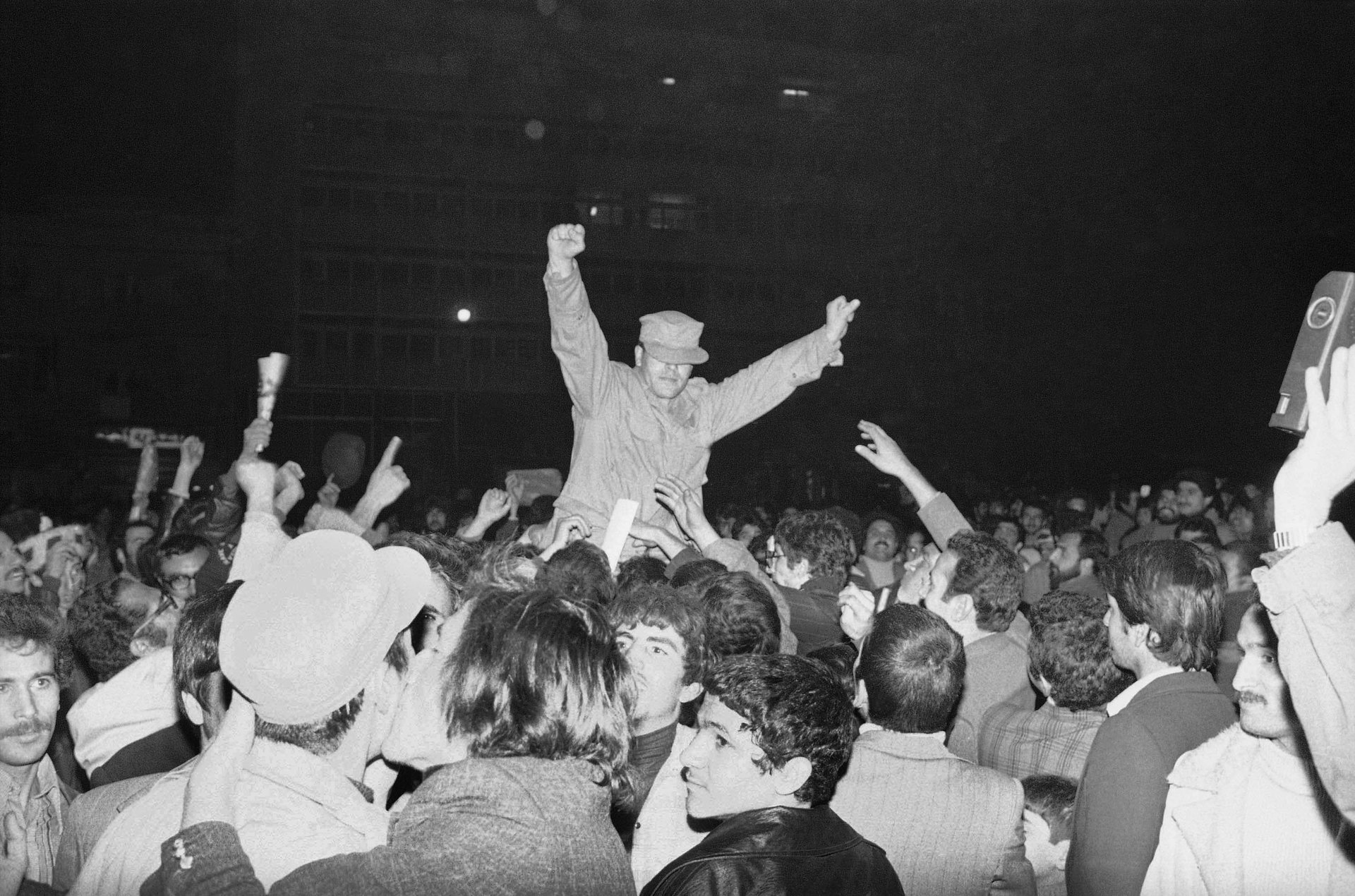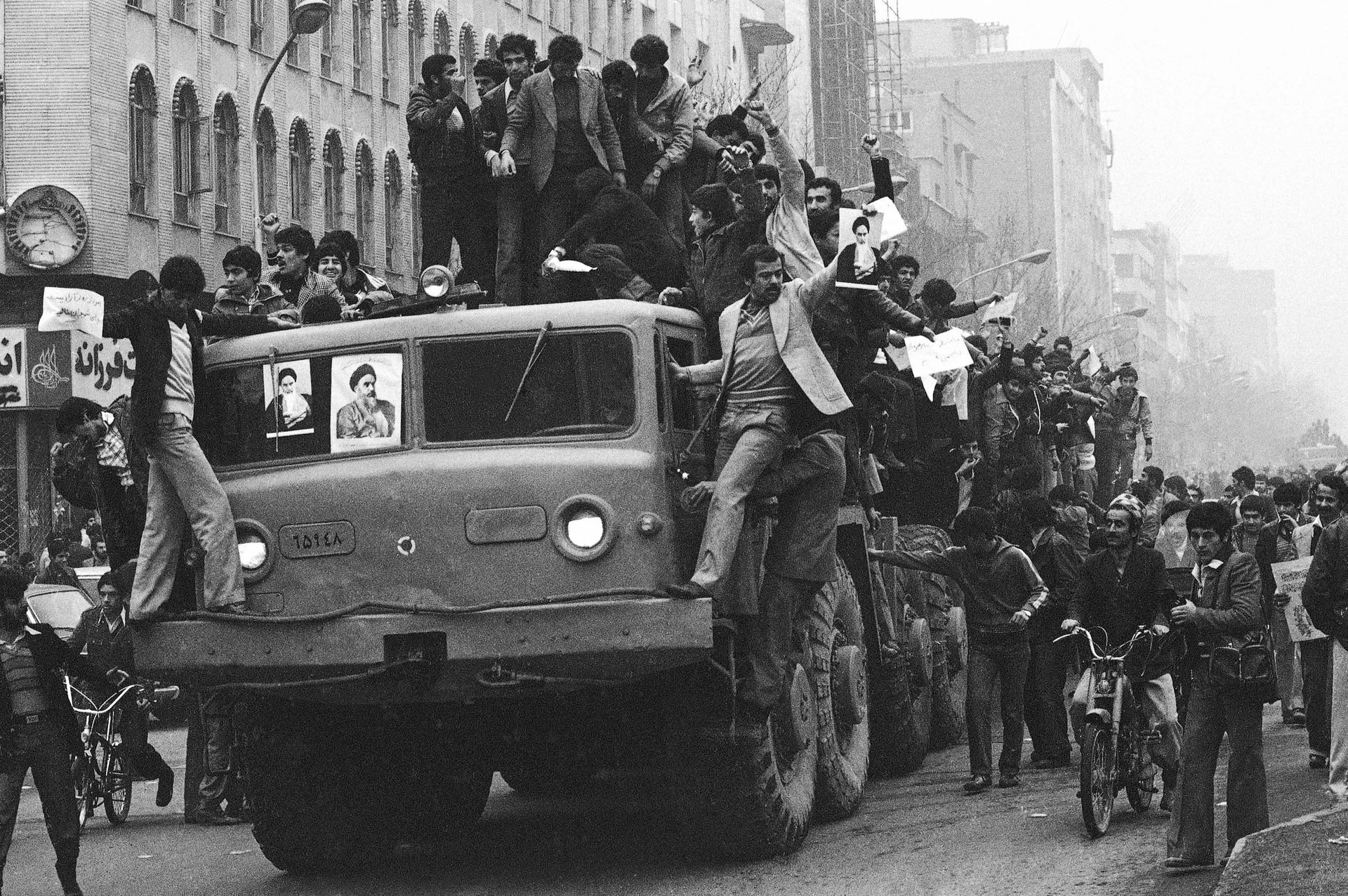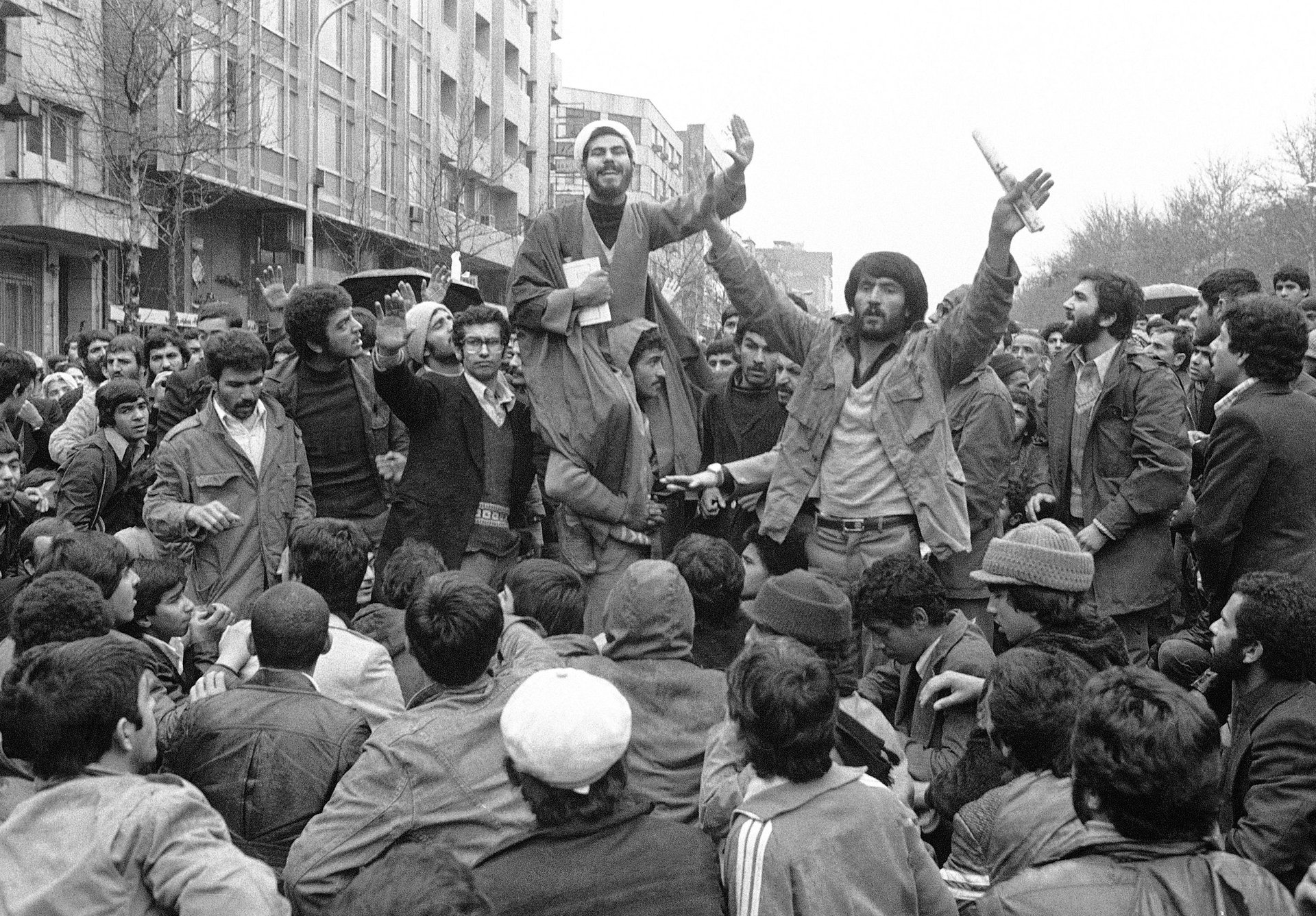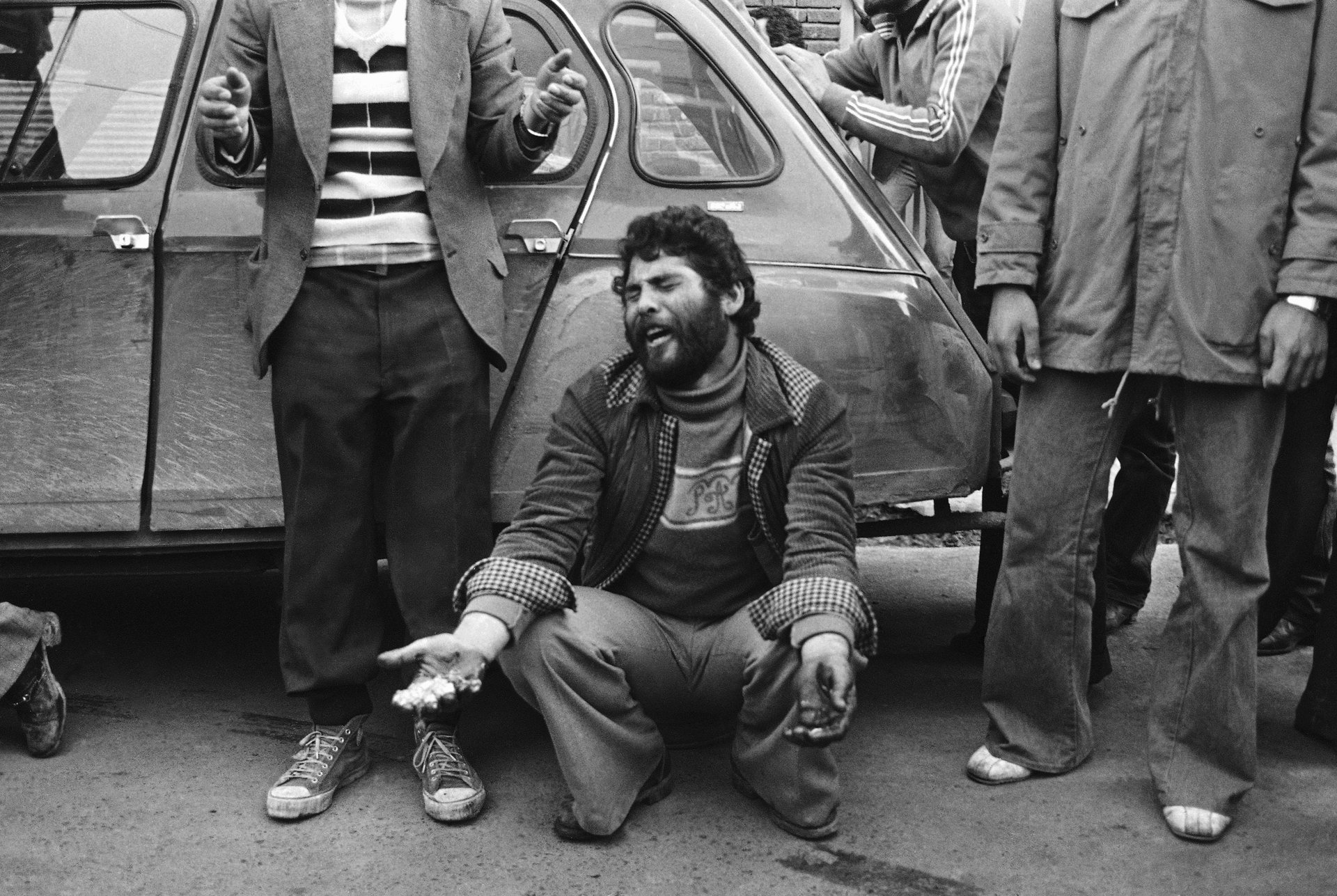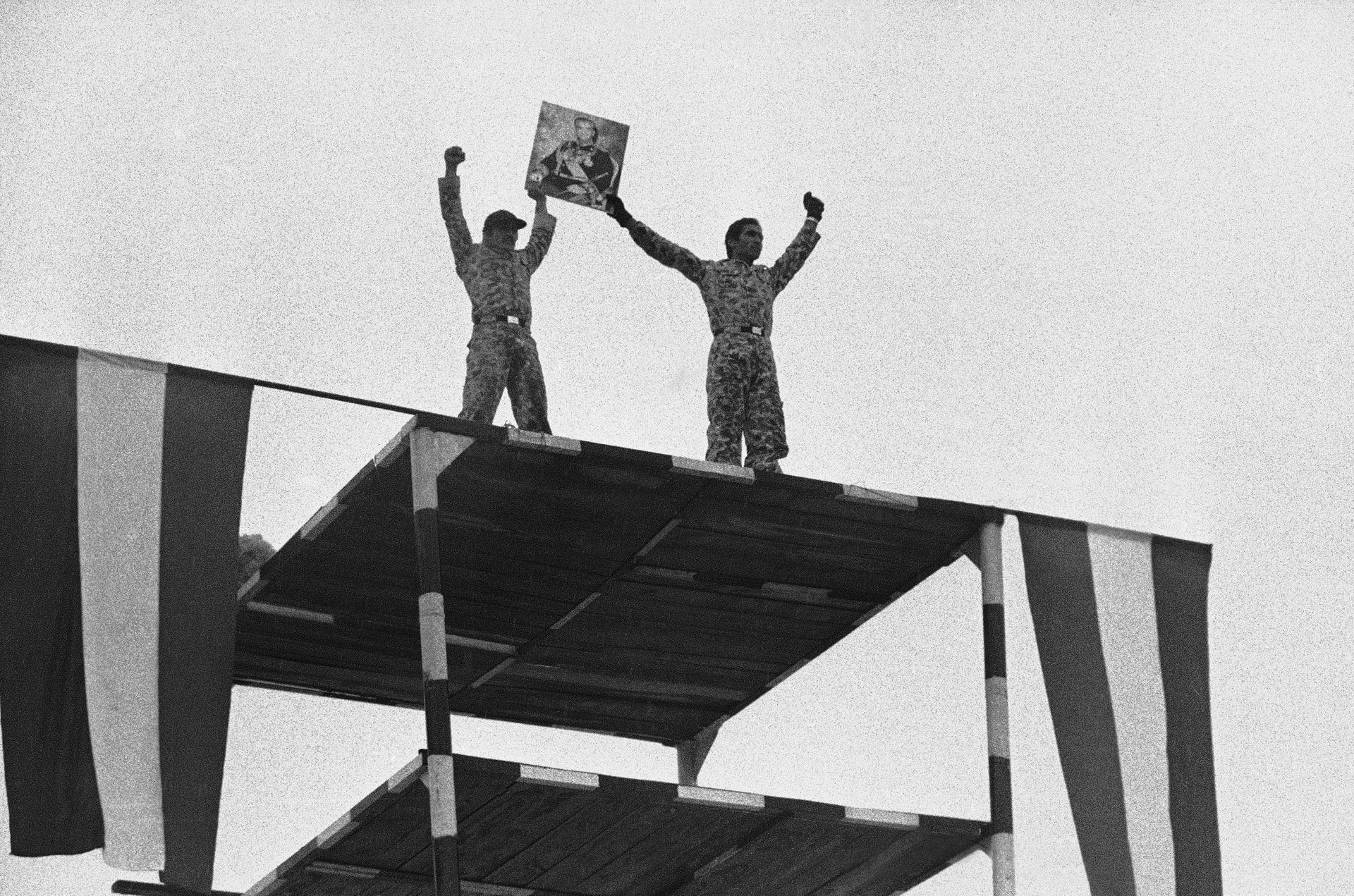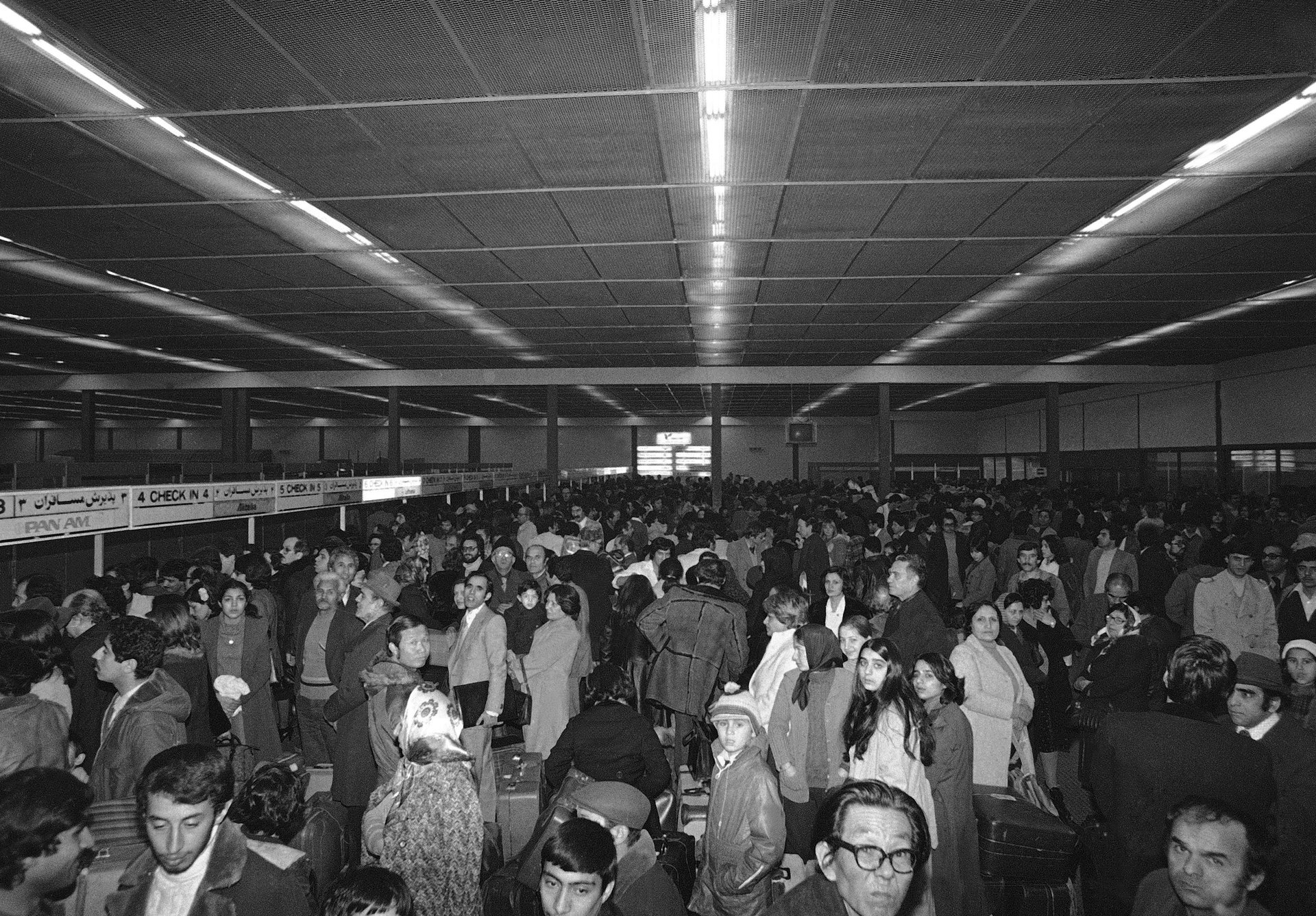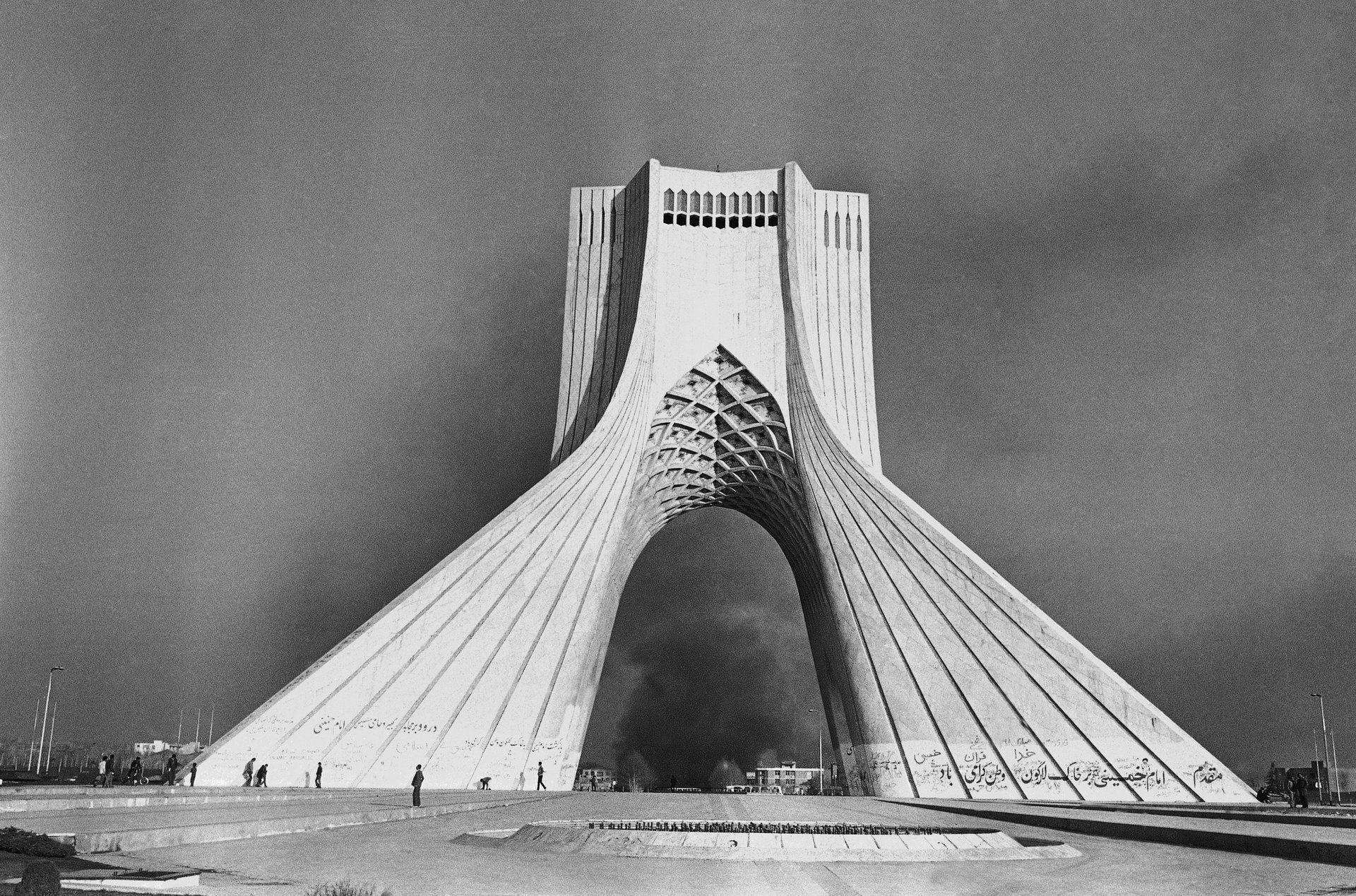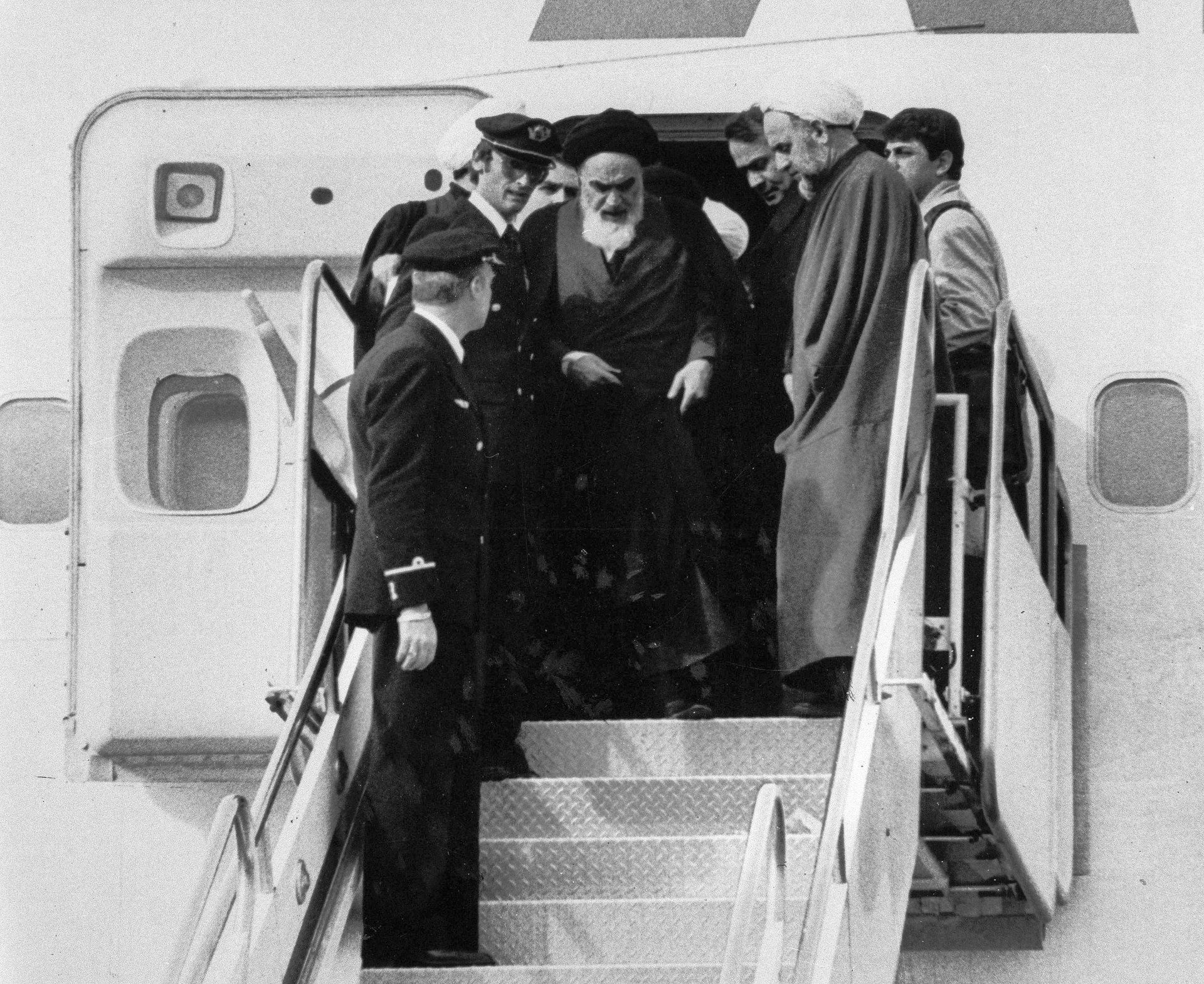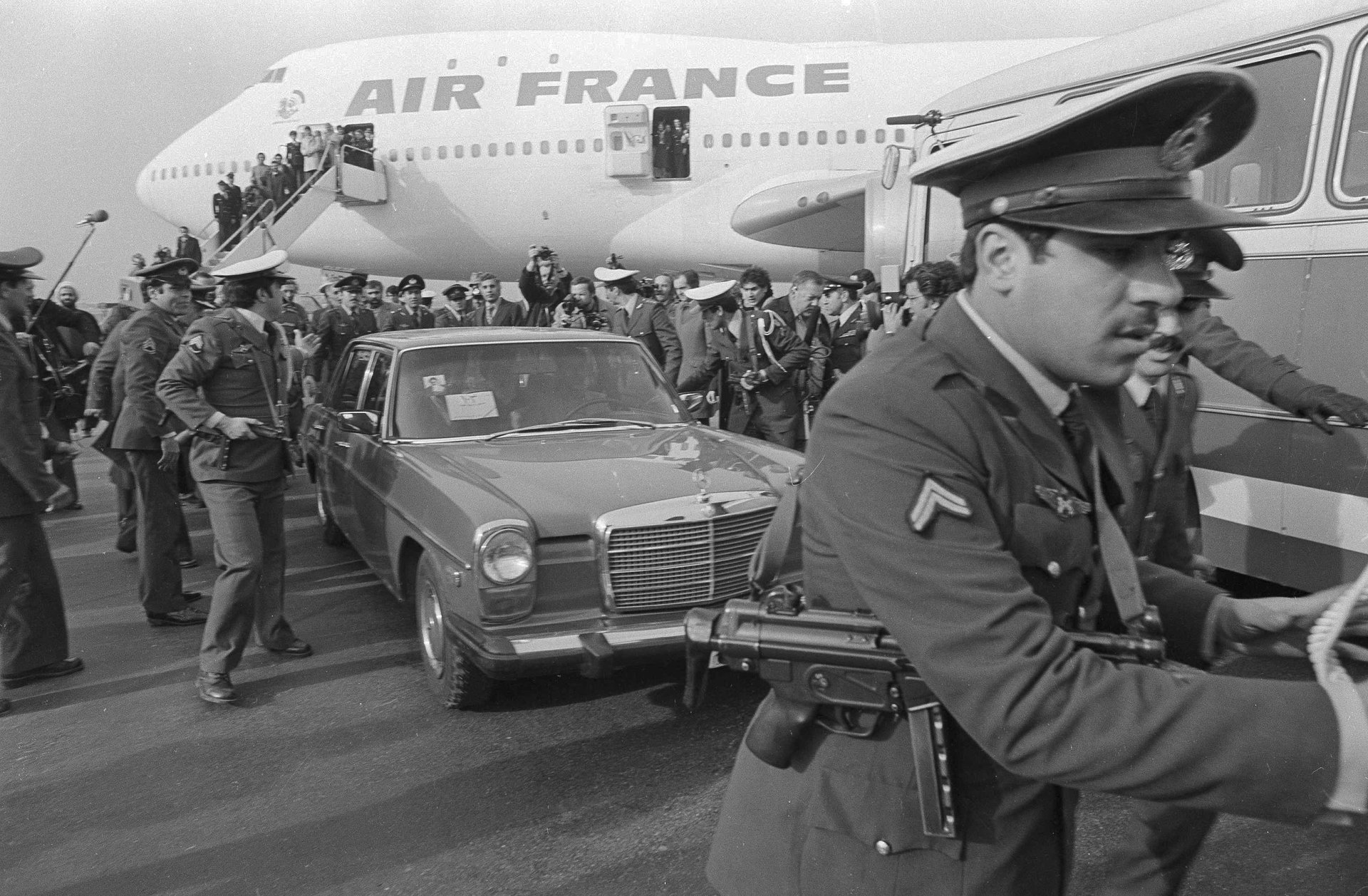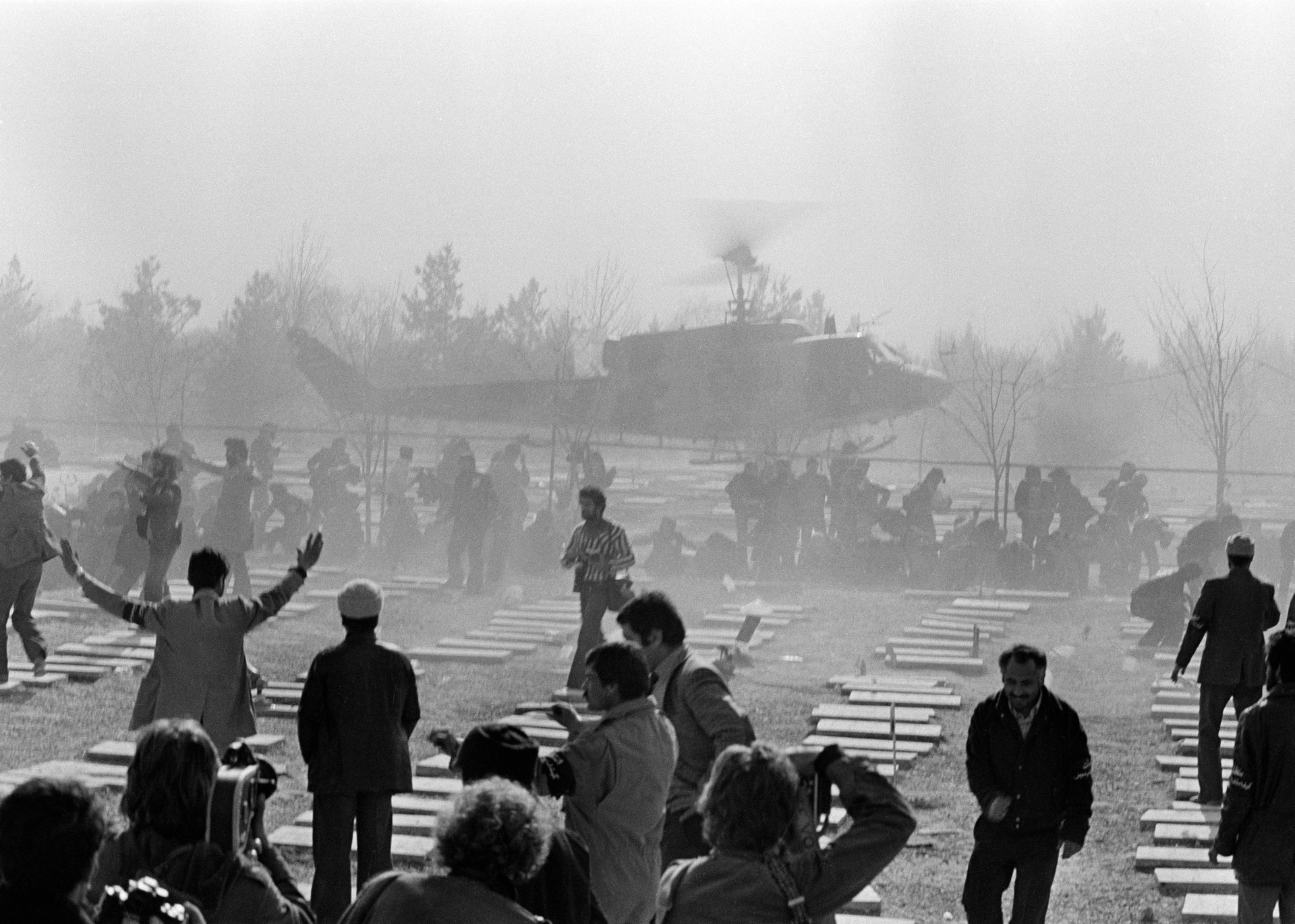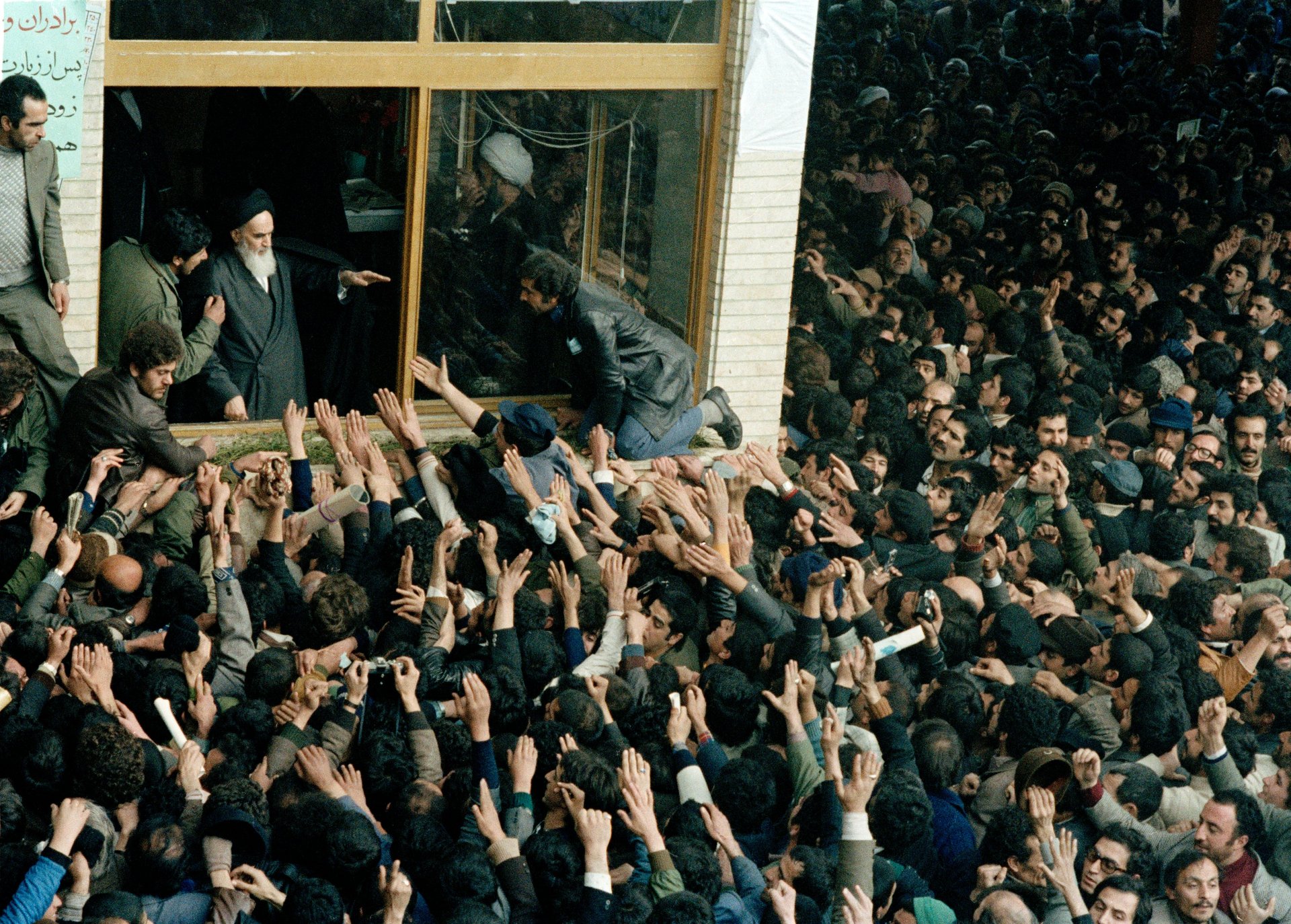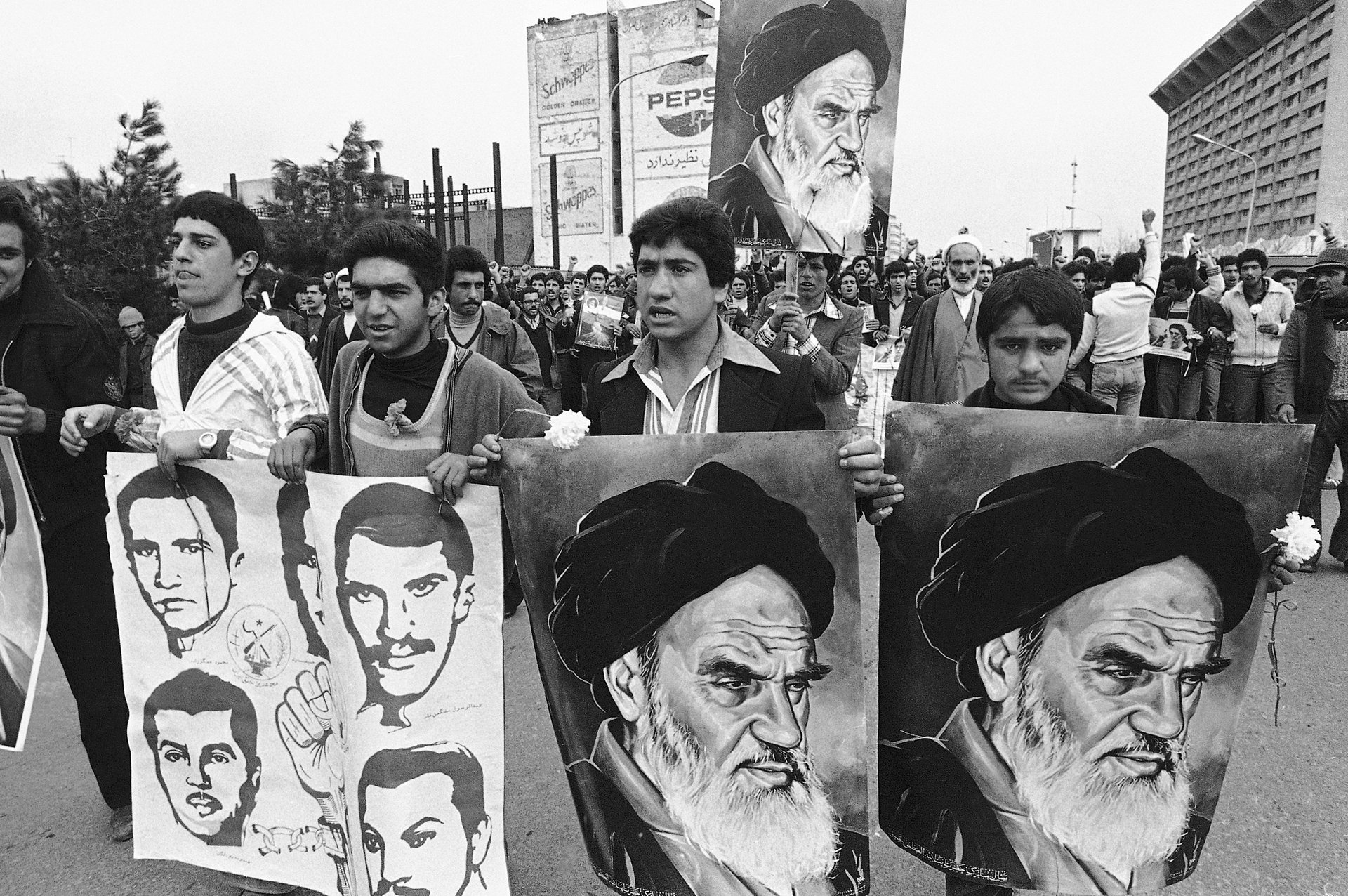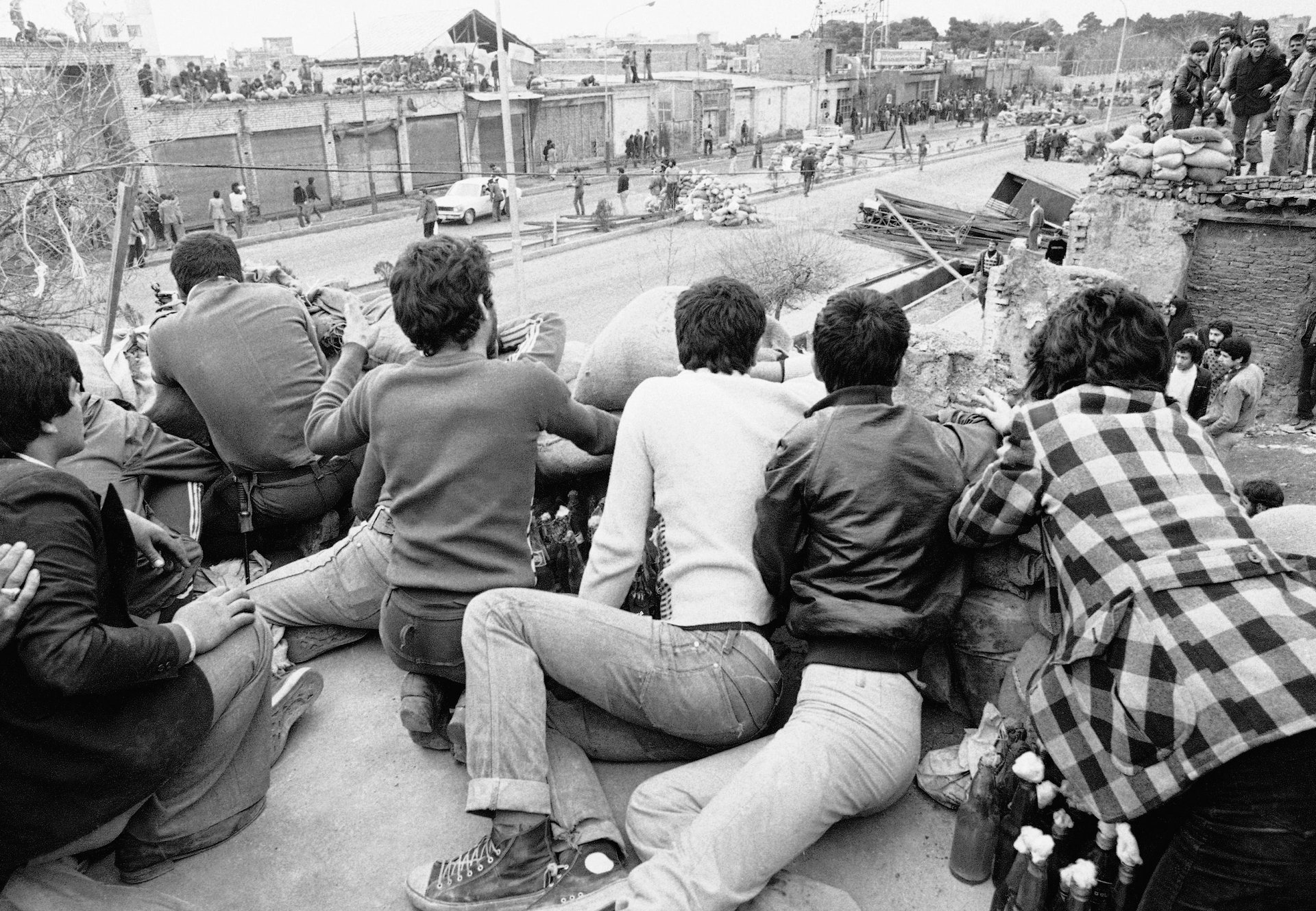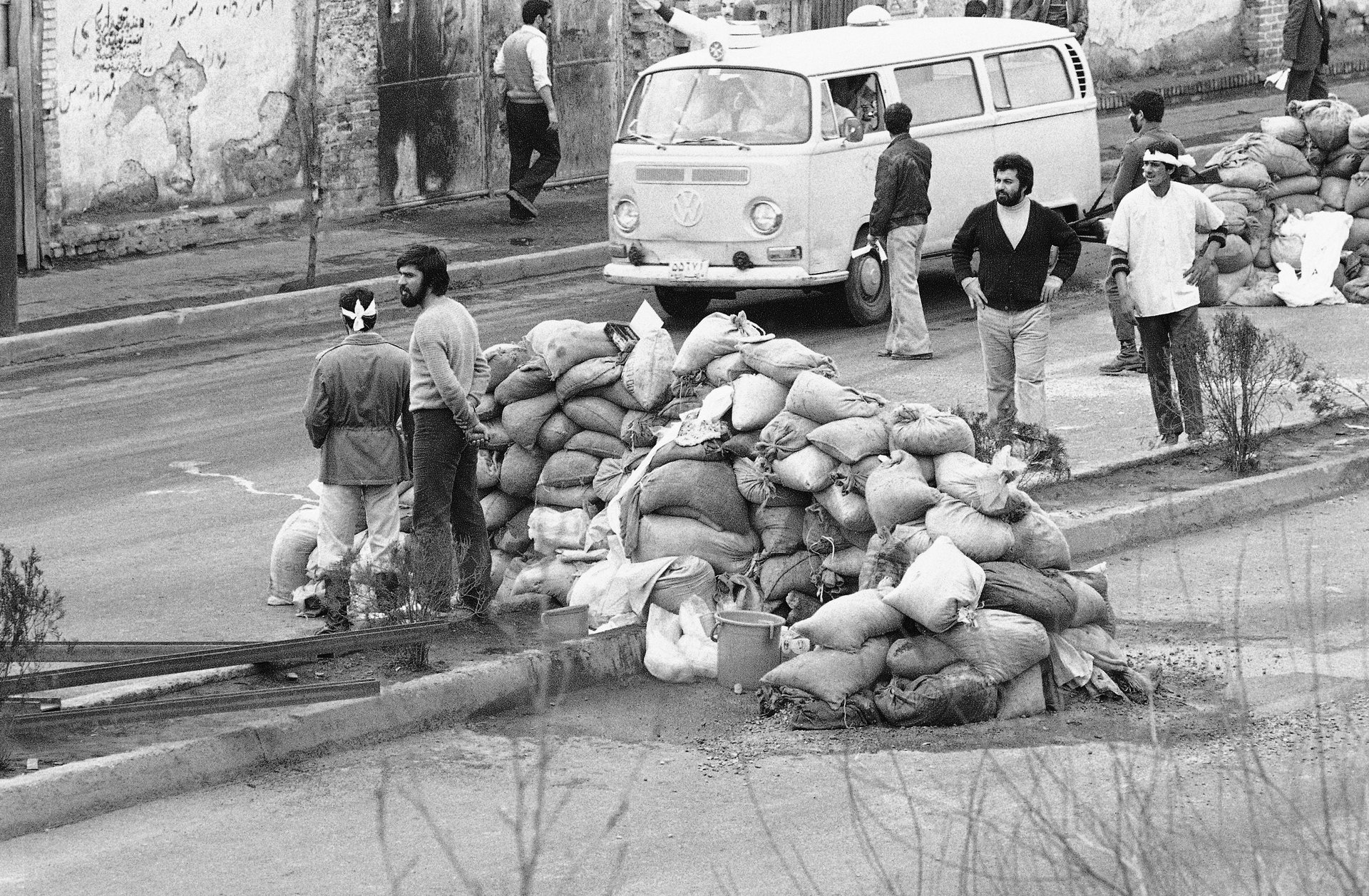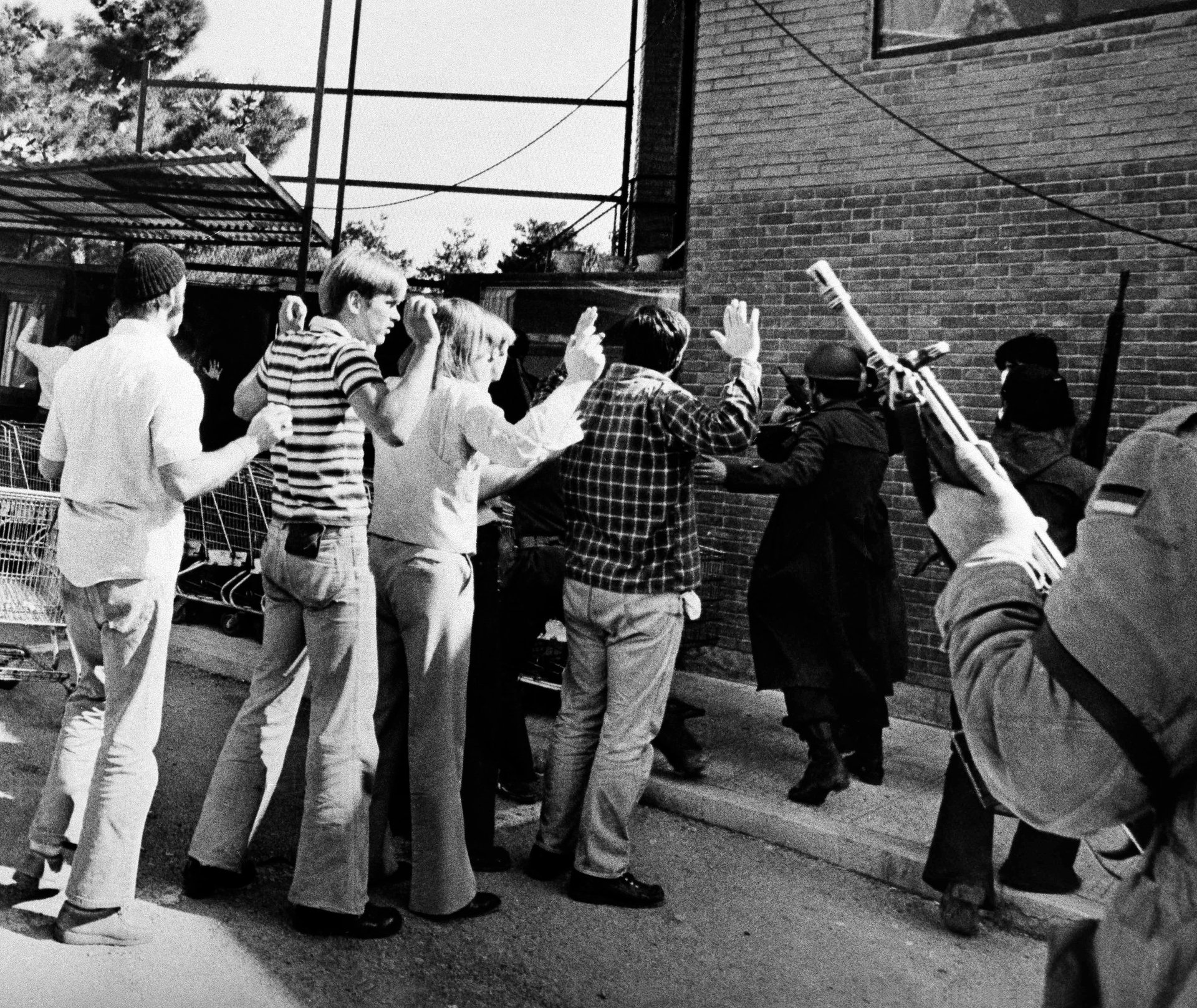Photos: 40 years since the Iranian Revolution
Forty years ago today, (Feb. 11) the Iranian government collapsed, after the Western-backed Shah’s exit from Iran and the return of the Ayatollah Ruhollah Khomeini, the Shia fundamentalist cleric, from exile in France. While the Iranian Revolution succeeded in seizing power and establishing a Islamic theocracy on that date, it was the culmination of months of street protests, demonstrations, and political upheaval.
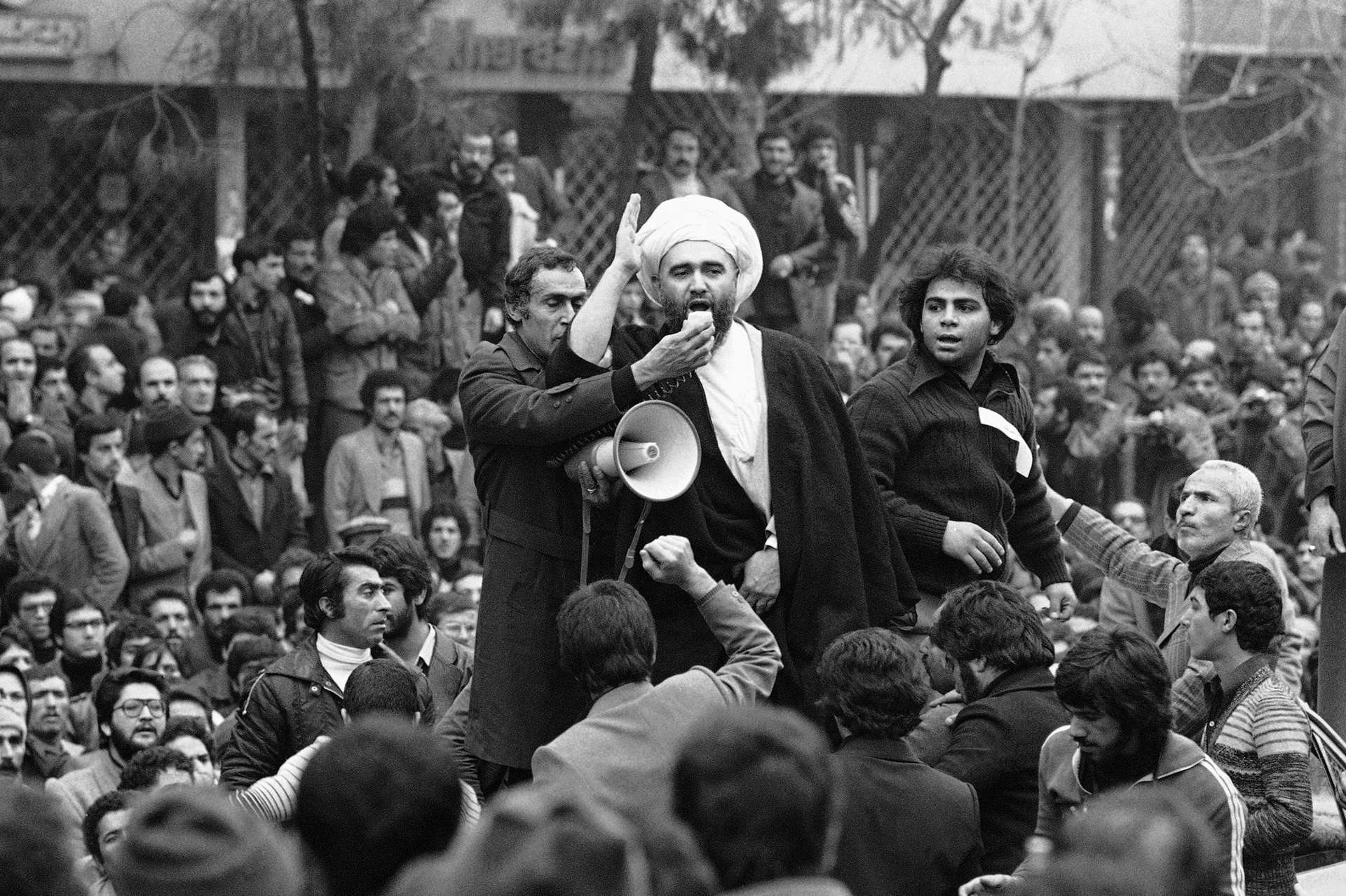

Forty years ago today, (Feb. 11) the Iranian government collapsed, after the Western-backed Shah’s exit from Iran and the return of the Ayatollah Ruhollah Khomeini, the Shia fundamentalist cleric, from exile in France. While the Iranian Revolution succeeded in seizing power and establishing a Islamic theocracy on that date, it was the culmination of months of street protests, demonstrations, and political upheaval.
The effects of the revolution are still felt today. Media is heavily censored and much of public life is dictated by strict religious interpretation.
A nuclear treaty and easing of sanctions agreed to during the Obama administration boded well for the future of the US and Iran, though US president Donald Trump’s decision to abandon the deal has been a setback for relations between the two countries. But even as the theocratic regime holds onto power, small changes in public society (whether an easing of norms or revolutionary acts themselves) have shown that Iran may be poised for more change ahead.
Photos from 1978 and 1979 show the massive demonstrations that ushered in a revolution and the return of the Ayatollah to rule a changed Iran.
